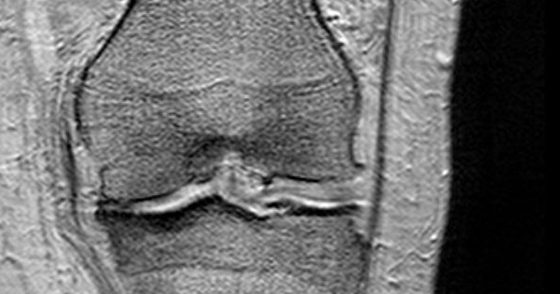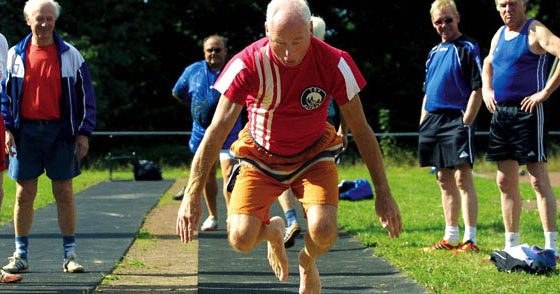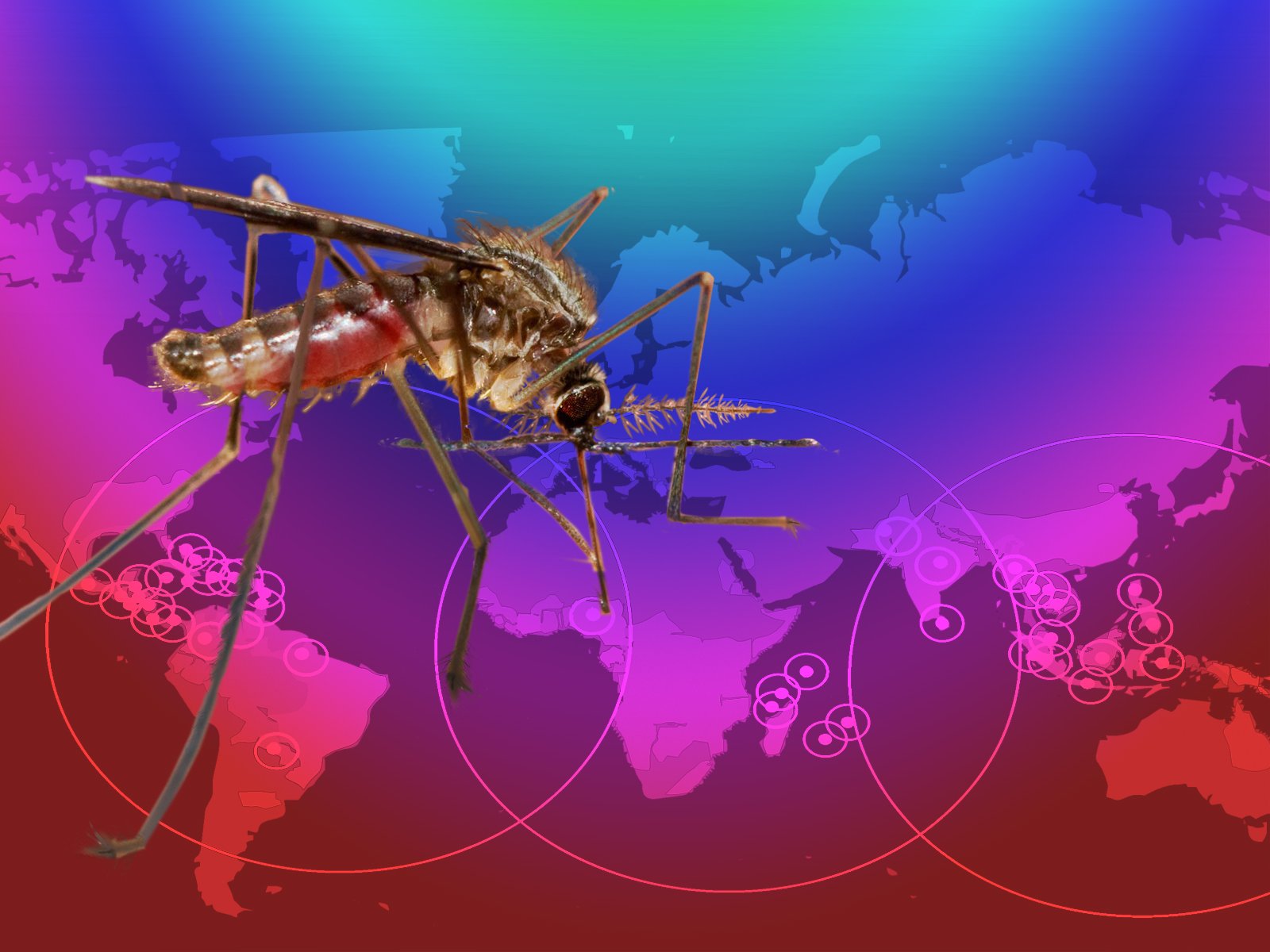In his presentation at the KHM Congress in Lucerne, Dr. med. Jürg B. Zühlke, former chief physician of the Psychiatric Service, Emmental, referred to the many signs and statistical risks that should be taken into account when assessing a suicidal person in order to be able to make a clear diagnosis. He further presented possibilities of drug therapy and social interaction with the sick person himself as well as with the relatives.
The linguistic definition of a suicide is in principle simple: “Suicide refers to any behavior that seeks and finds the solution to an existential problem in an attempt on the life of the subject” (Bächler 1975). However, assessing the risk of a suicidal patient may be difficult for the primary care physician in individual cases. “And yet, if there are certain signs, one must take into account that such a danger exists,” emphasized Jürg B. Zühlke, MD, former chief physician of the Psychiatric Service, Emmental. The figures in the box clearly confirm this.
If the following clinical indications occur in addition to mental dejection, statistical caution is warranted:
- The patient is male, over 45 years old, and lacks a social network (separated, divorced, widowed).
- There have been previous suicide attempts/suicides in his family or he reports recent deaths, debt, unemployment.
- A physical illness comes along. In particular, chronic pain, terminal illness, and persistent insomnia increase suicide risk.
Psychopathological symptoms include disturbed impulse control (for example, assault, aggressiveness, excessive speed while driving), a shifted sense of reality, drug or alcohol abuse, depression, and personality disorders.
Treatment of suicidality
First, one must distinguish between chronic constant and acute suicidality. The vast majority of suicides happen in the heat of the moment. As a therapeutic measure, this form requires one thing above all: the acute desire for suicide must be postponed in time. This allows underlying psychological constellations to be addressed, redefinitions of the problems leading to suicidality to be made, and protective social networks to be created. Pharmacotherapy with tranquilizers or neuroleptics reduces impulsivity and, optimally, leads to subjective stress relief. Suicide protection of lithium preparations has been empirically proven. In case of insomnia, sleep should be regulated with medication. Antidepressants carry the risk of mood/drive dissociation. Overall, when medications are given, it is important to remember that they could be hoarded and misused for suicide.
If a desire for commitment is palpable, the primary care physician should try to fulfill it as best as possible. That is, he should be open and willing to venture into his own taboo areas (such as personal suicidality). In addition, it is imperative that he or she engage with the subjective reality of the patient, showing understanding, sympathy and seriousness. “Just the fact that the patient confides in us with his or her dying wishes suggests the need to communicate and share,” Dr. Zühlke said. “And yet no one is able to prevent a patient from committing suicide in the long run. The physician must come to terms with the fact that he cannot preserve life at any cost.”
The affected environment
If a suicide occurs despite all efforts: How should bereaved families be dealt with? Statistically, such an act leaves five to six immediate family members who are at increased risk of suicide themselves as a result. Because their care is usually primary care, physicians should be well informed about possible psychiatric support services. Not all bereaved people manage to exonerate themselves with rational attempts at explanation. Some are tormented by remorse or guilt, others turn their helplessness and anger outward (externalization). Coping strategies must be developed for such overwhelming emotions in any case. Dr. Zühlke therefore considers an open discussion with the whole family seven days after the death of the relative to be useful.
Frequency of suicide in Switzerland
- Suicide is reported as the cause in 1-2% of all deaths.
- In 2000, 1378 people committed suicide (979 men, 399 women):
– Suicide rate: 19.1/100000 population
– Approx. 4 suicide-related deaths per day - Suicide is the leading cause of death among 15-44 year old males.
Source: “Suicide – a taboo topic”, workshop at the 15th Continuing Education Conference of the College of Family Medicine (KHM), June 20-21, 2013, Lucerne.











